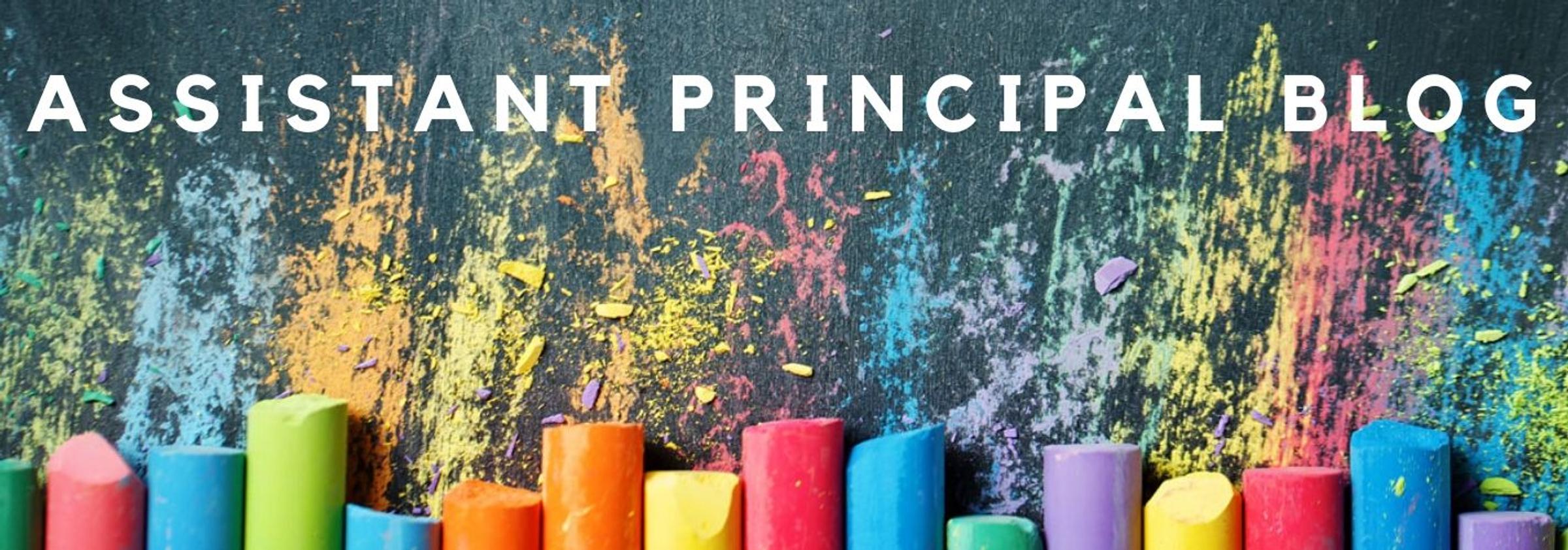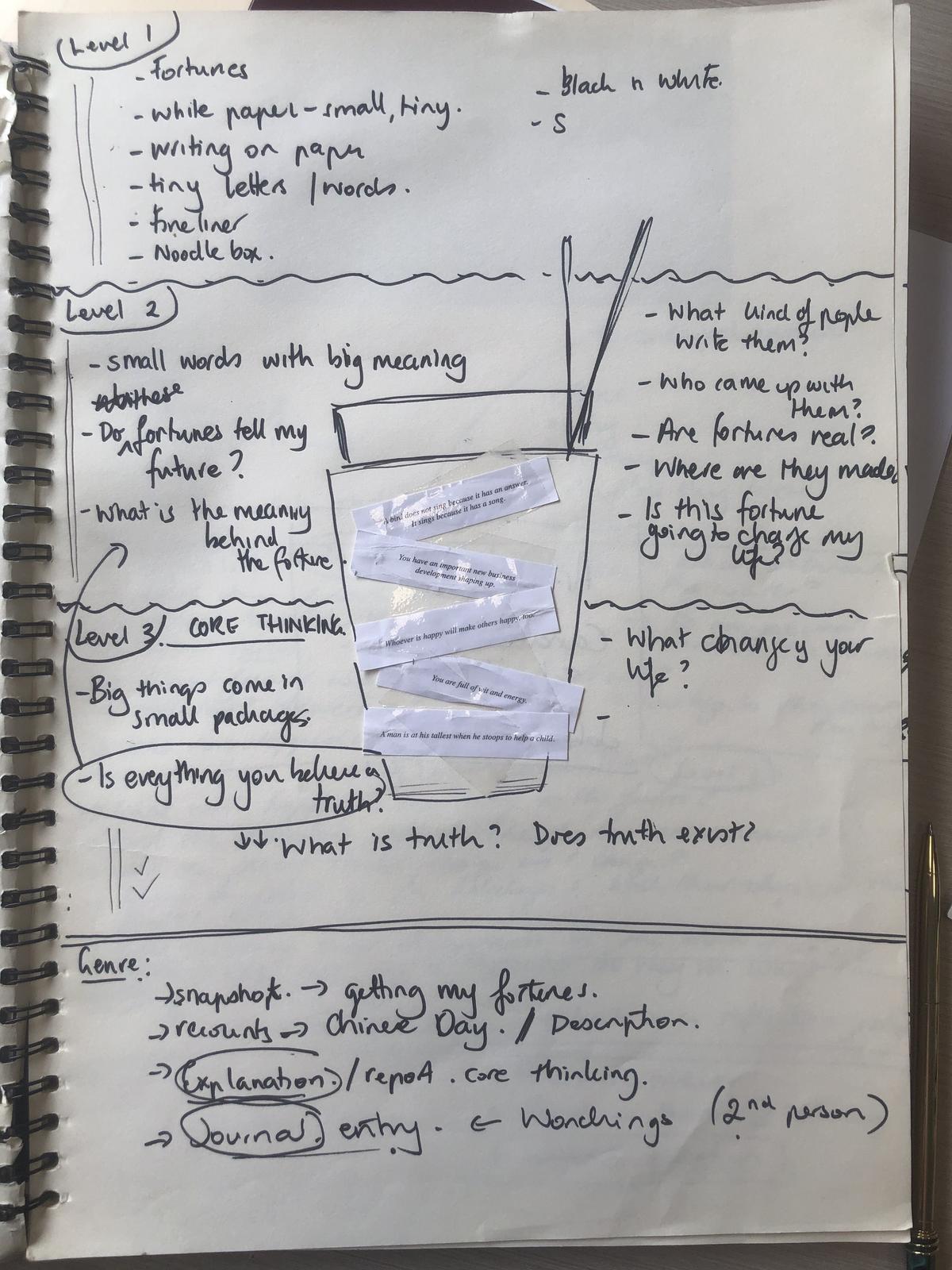Assistant Principal Blog
The One About Teaching Words

Assistant Principal Blog
The One About Teaching Words
I've been thinking a lot about words lately. That saying; sticks and stones will break my bones but words can never hurt me, is a lie. Anyone who has ever been any good with them will know that. Anyone who has ever watched a face crumple or light up from things said will understand completely when I say that a word will go anywhere and everywhere. Try as you might, you can’t have a single thought without using one. They’re quite important. Fundamental.
In Education, the word is the cornerstone of all we do in everything we do and I’d argue, it’s probably the same for you. At BPS this term, our teachers have been very busy in their quest to get the best out of our students when it comes to the written word. Every week, we as a collective have been working through readings, sharing experiences and learning around how we teach writing. We’ve been in each other’s classrooms, giving feedback, asking for feedback and setting goals for each other. If you thought that was just something we do with the students then you’d very wrong. What the children do, we have been doing too.
The other day I was in one of our senior classrooms talking to the students about their own writing goals and had an exchange with one particular child around whether they saw themselves as a writer. They were adamant that they did not. Kind of like, how I adamantly don’t see myself as anything resembling a sportsperson. Not all of us are robots who excel at everything you know so I could empathise! This student saw themselves as a scientist through and through and enjoyed all those aspects of science, such as research, experimentation, discovery and proof. I pointed out that without the correct word choice and sentence fluency that we are learning about in our writing classes he wouldn’t be able to secure himself any kind of funding to fund that research he longed to do. I know a couple of Scientists and they spend more time writing reports/funding requests and reading research than they do actually experimenting. “I didn’t know that…I’ll have to rethink my position on that (writing)” he said. Not a word of a lie.
When we teach writing are not trying to create a class of authors. Impossible! But the word is an important point of study no matter what you want to do with them. If I know one thing from my many years in the classroom and many years of learning (and writing) that an inspired word can change someone’s world and an unconsidered one does nothing but take up space. Changing your own world, writing a funding request, a good CV, a speech that makes someone think, a newsletter article that maybe one person reads each fortnight *ahem*, a journal that allows for your emotional self to be free …all are incredibly important. I’m talking about important to the self, no matter how you see yourself – writer or not.
One of our fundamental questions this term was how to teach the skills of writing (6+1 Traits is one resource we use to encapsulate those skills) while still engaging students to be involved in the choices they make and inspirations they have to their writing. In short, how to we encourage the scientist to bring the Science to his writing while still learning the skills of the trade (Writing). The skill of course being, how to manipulate the word in such a way that the audience has no option but to take note. Isn’t that what we all want from the words we use?
At BPS each student has a Writer’s Notebook and this is a place where students unpack their thinking and ideas. You may have been asked to contribute to an “inspiration bag” or “inspiration envelope” over the years. This is for students to collect little pieces of evidence to turn into writing ideas. We teach them how to do this with more complexity each year but the bottom line is that every piece of writing, whether it be a report, an article or a poem starts with the spark of an idea.
There are good ideas and not so good ideas. Good ideas don’t guarantee a great piece of writing without those skills in place but a bad idea can’t save piece of writing, even with the best of word choice and editing skills. We spent a chunk of time this term sharing our teaching on how to unpack ideas (or seeds) so that students move into the drafting phase from their Writer’s Notebook feeling more inspired to write.
I’ve seen this with my own eyes work in both senior and junior classes. A few years ago I worked with a foundation class unpacking one particular seed:


We started with Level 1 Thinking – What do you see? Gorilla, cage, furry, black eyes, big fingers in the cage, mouth pointing down…
We moved onto Level 2 Thinking – below the surface – What questions are you asking yourself about this? Is he sad? Where is he? Why is he in a cage? Does he have a family? Is this a zoo? Does he want to escape?
Is it very possible and interesting to write from these thoughts. We made a list of possible things to write:
The Foundation class I was working with was quite excited to start writing about the gorilla. I let most of the class go but worked with a small group on a third level of thinking.
Level 3 – Core Thinking – What next? What connections can I make? What are the key messages? What are you thinking now? So what?
The small group started talking... What if zoos aren’t happy places for animals? Are animals mistreated? Why do animals need to be in zoos anyway? Why can’t they be in the wild? (that opened up a new can of worms). Why are some animals extinct? Will animals be extinct if they aren’t in zoos? Will animals breed if they are in zoos?
We added to the list of possible things we could write:
A good idea won’t save a piece of writing if you don’t have the skills but it sure is easier to hone your skills when you have a good idea to write about. We’re here for the teaching of skills but it’s easier if great ideas are there first. If the last group wanted to write, this group were absolutely jumping out of their skin.
I cheated of course, I knew that the class had been studying zoos and animals in general in their class. They were well primed, even at 5 and 6 to have a discussion about animals in this way but only those prompted with level 3 thinking got there – that’s the skill of teaching and skilled teachers is something we are blessed with at BPS. I knew the thinking would be there but I wasn’t ready for the enthusiasm and nothing could make me happier as a teacher.
To illustrate that this works regardless of age. I used the same mode of unpacking in a Grade 5 classroom. I’ll save you the preamble but the seed was some fortune cookies from Chinese Day.


Level 2 Thinking - Below the Surface:
Do fortunes tell my future?
What is the meaning behind a future?
What kind of people write them (fortunes)?
Are fortunes real?
Level 3 Thinking: Core Thinking.
Big things come in small packages
What changes your life?
Is everything you believe a truth?
What is truth? Does truth exist?
Pretty good for a bunch of 11 year old philosophers in training.
My task as teacher from here was to teach the skills required so that each child was able to write what they wanted to in the way they wanted to. Conferencing, explicitly teaching skills, editing. Of course every single writer needs something a little bit different and not everyone is inspired to write the stock standard piece and we teachers take that into account. It's in the teaching of skills that we have been working through as a staff this term. It was brilliant in our learning walk last week, to listen to teachers share success stories from their classrooms about teaching the craft of writing.
Personally, I love putting words to good use and sometimes I labour over them, trying to find the right ones to say or write and berate myself because I can't find the ones that fill the gap or hate myself because I used the wrong ones. I know that they can sometimes be inadequate and more often than not I am inadequate in the way I use them. Sometimes I get it just right and those are a success not only for me but for those who have to put up with reading them. I am not a writer but I spend most of my day writing and I’d bet that many of our students will too in their chosen careers.
...even the scientists.